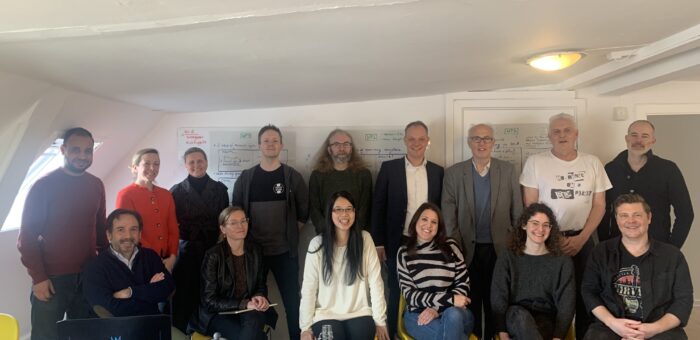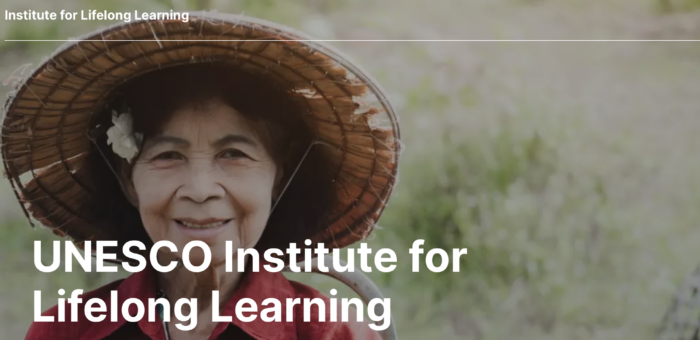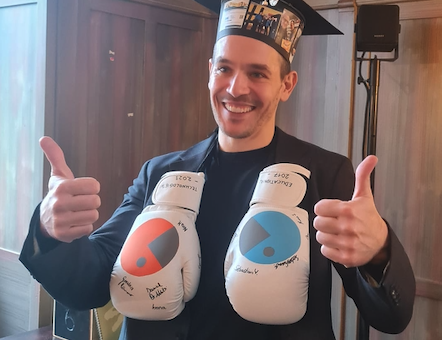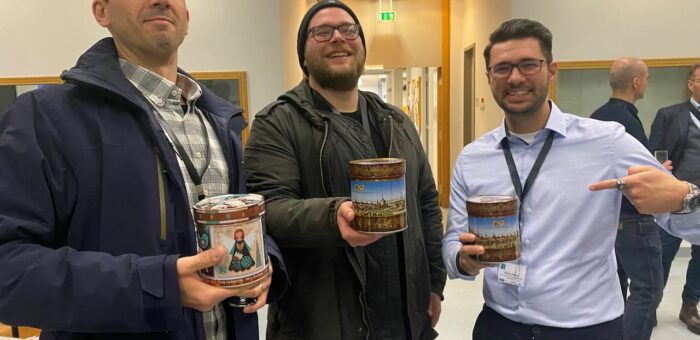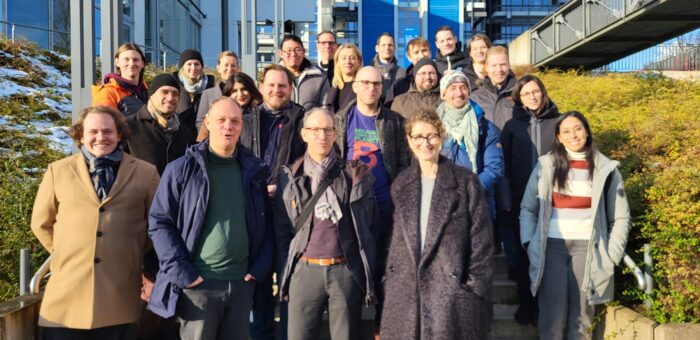
GREAT project presentation at World Forum Women in Science – Theme “Science for the SDGs”
On 15 April, GREAT project manager Dr. Jane Yau had the pleasure of moderating the session Technology, Sustainability and Industry with Prof. Nova Ahmed at the World Forum Women in Science - Theme: Science for the SDGs (https://women-in-science-without-borders.network/world-forum-women-in-science-2024/). The session included a number of initiatives of empowering women and underrepresented groups to take on science activities and careers to advance the SDGs. Jane also shared the GREAT project findings in this session with a talk “Gaming for Change: Leveraging digital games to address climate change”, based on the GREAT project methodology and first case study findings! The session was free to attend and was live-streamed on Facebook. The video recording will be available shortly.Jane will also be in Rome, Italy, on 19 April to attend the in-person Networking Event as…




